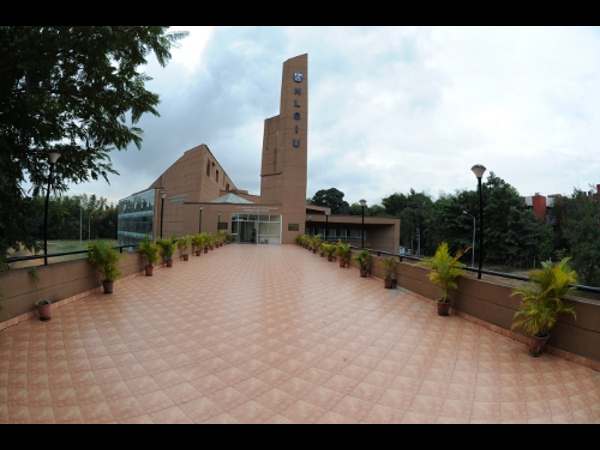Recent years have witnessed a fast phase of development in legal education in India bringing changes in curriculum, integrated degrees in law, establishment of the National Law School of India University as well as National Law School-type of institutions in many states.
One significant development was the Common Law Admission Test (CLAT) in 2008 which brought the statutory National Law Schools together. There are about 1,175 law colleges in India, and many more might join the bandwagon.

Medical colleges in the country may not reach this proportion which, in itself, is a solid ground for establishing an independent academic body to exclusively regulate legal education and assign the legal profession to be regulated more effectively by the Bar Council of India.

Inter-disciplinary approach to curriculum, diverse components to evaluate students in each and every course to inculcate all-round development of skills in law students (like writing, research, presentation and publication skills), placement programmes and the like dominated the legal education scenario in India during the last decade or so.
Ranking of the law schools and colleges in India by the media also contributed to the enhanced importance of legal education in India.
Some of the law schools have entered into a number of Memoranda of Understanding with foreign universities for exchange of students and faculty, thus signaling the need for recognizing or equalization of the foreign grades.
Mobility among Indian and foreign professors has already started, although limited to a few law schools. Some of the law schools have become founding members or full members of a few international associations of law schools, thus making their presence felt in countries abroad.
There has been substantial infrastructural developments taking place in these law schools in India which include digital access to numerous legal databases. Legal research has advanced by leaps and bounds with the changing scenario that seeks to employ a large number of qualified professional lawyers.
With the introduction of an independent examination by the Bar Council of India for admission to the profession, the legal profession is likely to move towards setting higher standards and address the quasi-judicial function of maintaining discipline, ethics and values in the profession. This in itself is a very tall order for the Bar Council of India.
The Knowledge Commission had already pointed out that the Bar Council will not be in a position to set standards in legal education, supervise or maintain it.
It is in this context, an attempt is made to propose an institutional mechanism, the Consortium of Law Schools, or in any other name, that will coordinate with all the law schools in the country and make the legal education standard universal.
Nonetheless, this venture would require full attention by all stakeholders -- the Bench, the Bar and the academia.
With the GATS framework to be in place, legal education in India has to improve manifold to realize the best of the opportunities for legal professionals not only in India, but across the globe.
This may not be possible with the existing multi-regulatory mechanisms, the Bar Council of India, the University Grants Commission, state governments and universities.
It may not be outside the context of this brief to argue and suggest a parliamentary legislation on legal education and research, thereby bringing all the National Law Schools under one umbrella for uniform growth and development.
The proposed consortium can play a meaningful role in evolving, sustaining and improving legal education policies for the whole nation.
This, in turn, would assist the nation to address the needs of all the law colleges in terms of curriculum, legal materials, free access to legal databases, uniform evaluation and grading processes and the like.
It is only through such a measure that standardization would be possible in India. As such, this needs to be discussed with the Bench, the Bar and the academia for preparing a white paper on legal education. The hurdles to this are many. However, if the objective is loud and clear, it would certainly be possible for all the stakeholders to join hands for making legal education and research in India a meaningful one.



 Click it and Unblock the Notifications
Click it and Unblock the Notifications
















